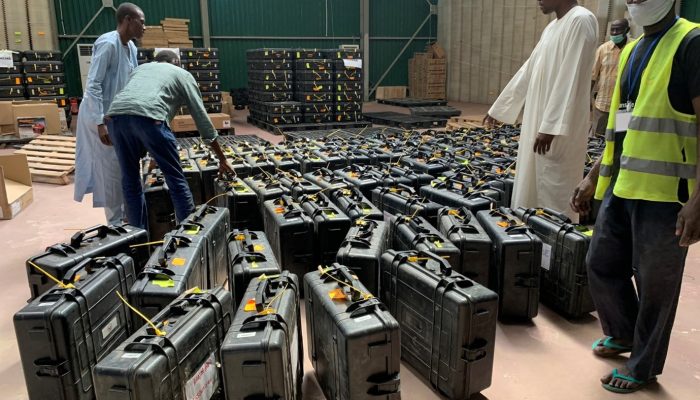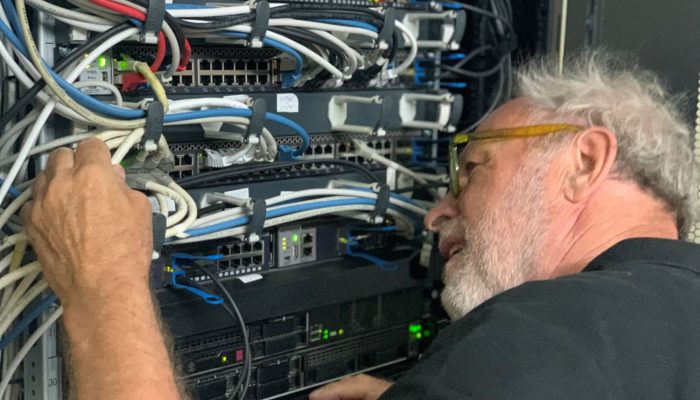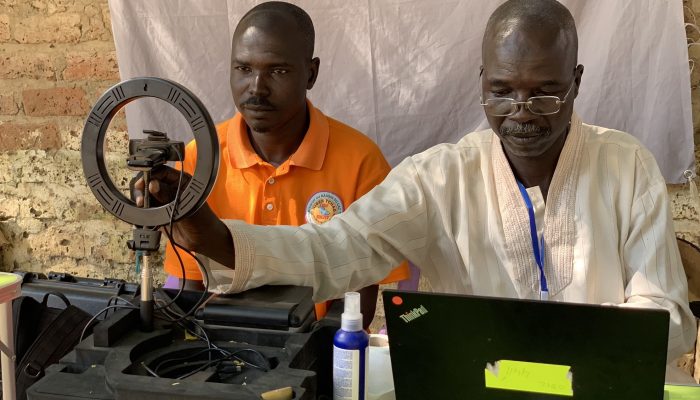The Power of Identity: How HSB Identification is Changing Lives in Africa
Did you know that voting, opening a bank account, registering for health insurance, receiving social assistance payments, applying for a job, and enrolling in education all require some form of identification? Read how NABC member HSB Identification has not only transformed the lives of individuals, but also of national systems.
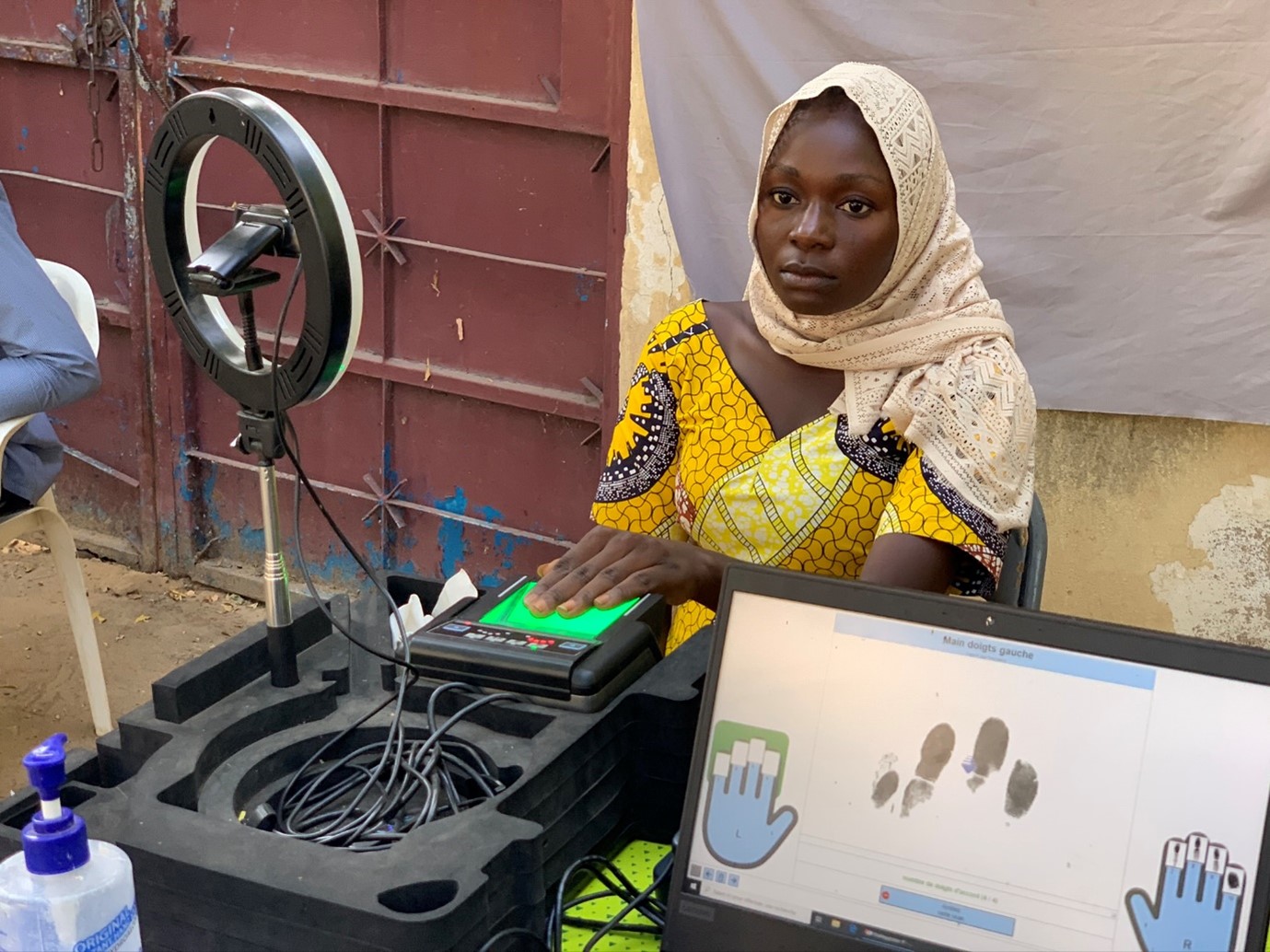
Faustina, meaning ‘fortunate’, stepped back out into the sun with a sigh and a smile, feeling grateful. She was grateful that she could vote for her president and national assembly today and hopeful for the future of her country, Ghana. As she began the next leg of her journey to the market in Accra, she could not help but think back to the first time she voted with her husband Kofi. Kofi had always highlighted the importance of voting and had taken her along when they first registered to vote in May 2012. She remembered how excited he was because there was a new biometric voter registration system in place to prevent fraud. He proudly provided his ten fingerprints and took a picture to create a voter ID, and she did the same. At that time, she didn’t understand the importance of having an ID. However, after Kofi passed away and she had to open her own bank account and register for social assistance, she quickly realised how essential it was. She also wouldn’t be able to buy the ingredients for her family’s dinner through mobile payments, as she did now at the market. Walking home through the streets of Accra with bags of tomatoes, meat, and beans in hand, Faustina truly felt fortunate.
Like many people, Faustina had not initially realised the importance of having an ID. Yet it is an indispensable foundation for the political, economic, and social systems of any country. Voting, opening a bank account, registering for health insurance, receiving social assistance payments, applying for a job, and enrolling in education all require some form of identification. This fundamental requirement for basic rights is currently inaccessible to more than 850 million people who currently have no officially recognised ID, according to World Bank estimates. In line with the 2030 Sustainable Development Goal of providing all people with a legal identity, HSB Identification contributes to this goal through the creation of digital identities.
HSB Identification mainly works with African governments and NGOs, creating digital identities using personal and biometric data, such as photos and fingerprints. This enables people to be compared and identified and ensures a database with only unique IDs. These extensive projects involve producing software for biometric registration solutions, delivering hardware products, and training people to use the systems, thereby creating (temporary) local jobs. Being active in ten African countries, HSB Identification has facilitated refugee registration in East Africa, national democratic elections in Chad, and family food distribution in Sudan. According to HSB Identification CEO Marcel Boogaard, “There is a huge market in Africa for information and communication technology (ICT) because Africa is more receptive to new developments. They tend to skip steps, giving them a lead in ICT compared to European markets.” An example is
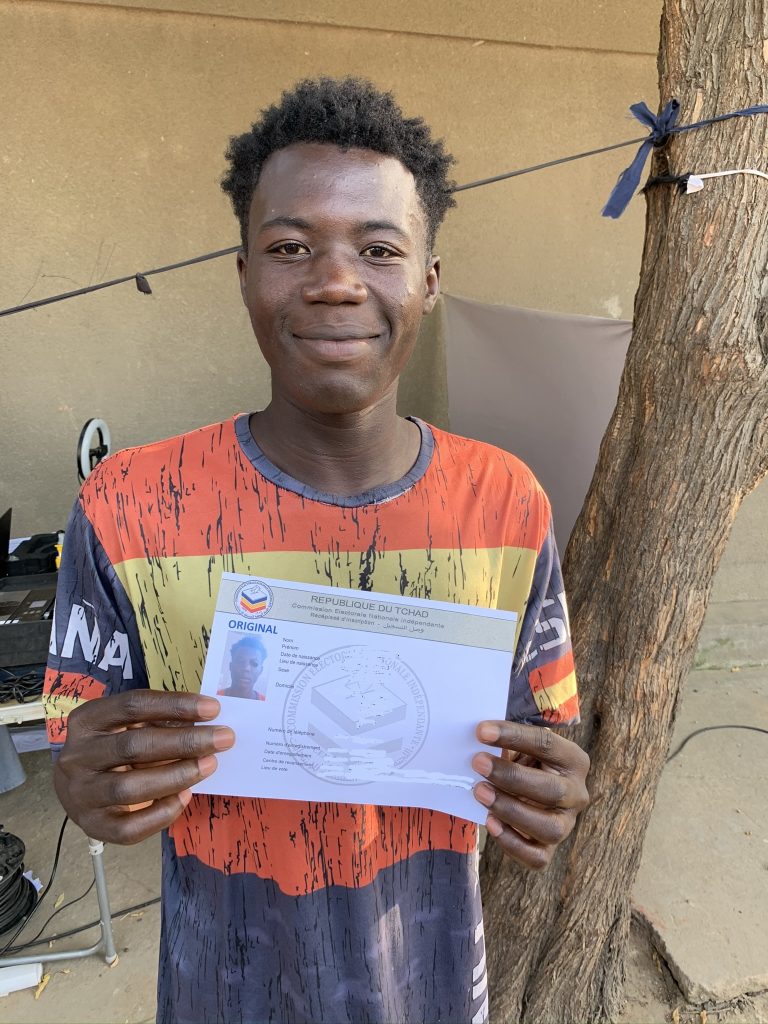
mobile payments, which were introduced in Kenya in 2007 and are used by at least one individual in 96% of Kenyan households through the leading mobile payment service, Mpesa. In the Netherlands, mobile payments were only launched in 2014.
However, collaborating locally in such a specific niche remains quite a challenge, which is why HSB Identification attends NABC events and trade missions, and requests matchmaking services. “Through relationships, we find our projects, and that happens through talking to people and letting people know what we do,’’ states Mr. Boogaard. The power of networking lies in discussing experiences, finding trusted business partners, and sharing solutions.
For more information about HSB Identification visit www.hsbidentification.com



